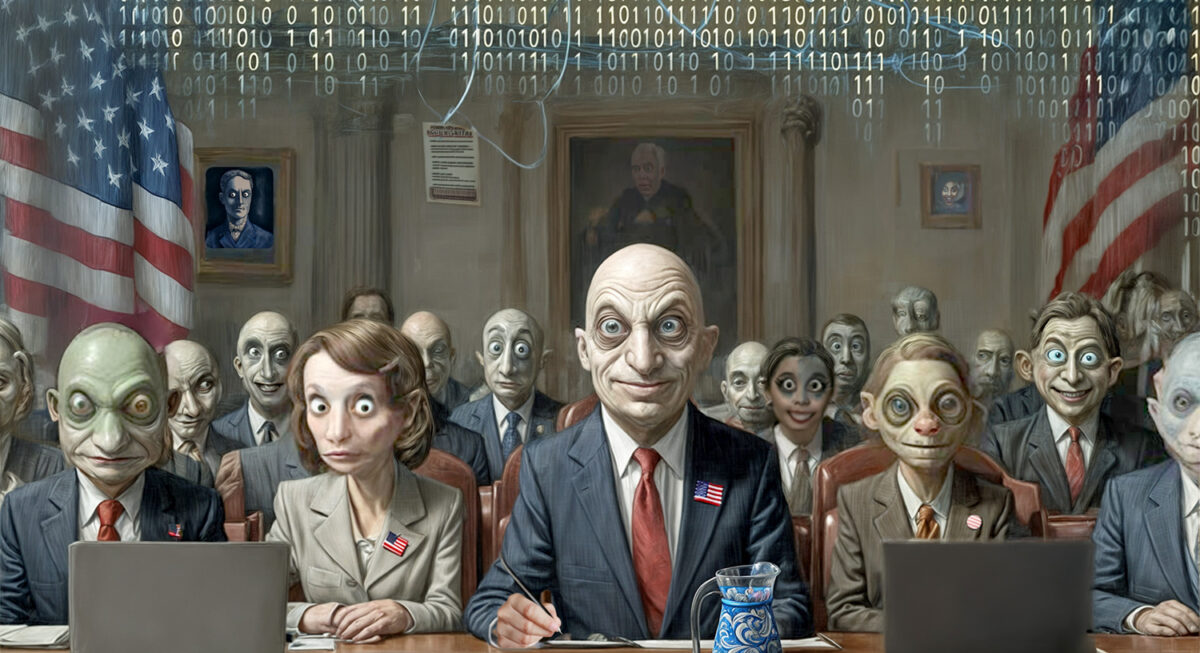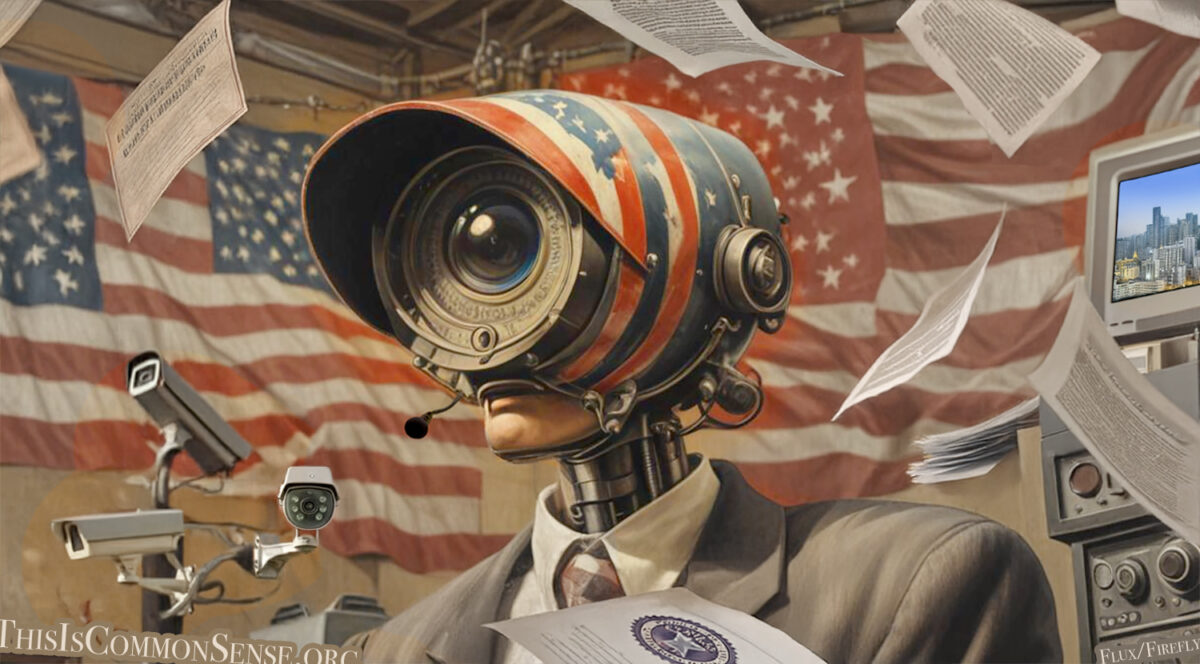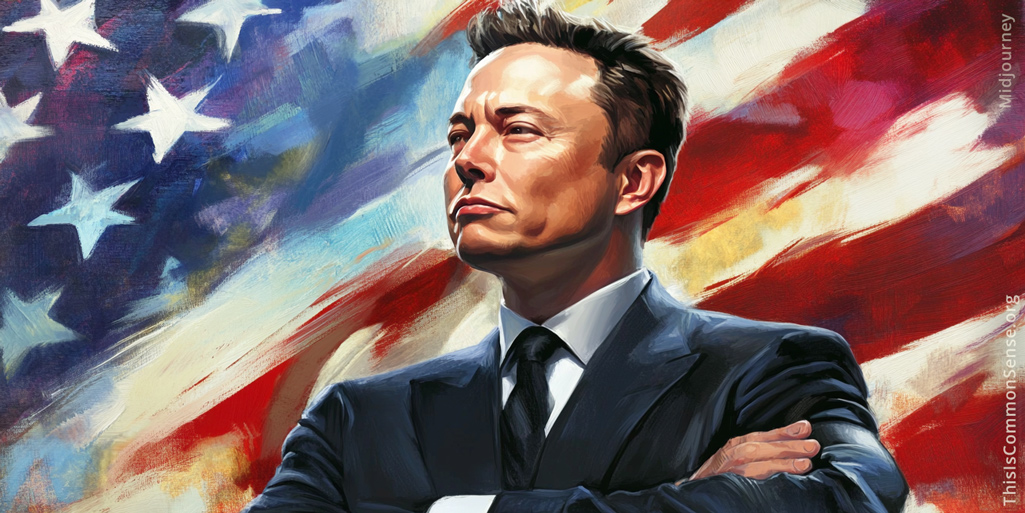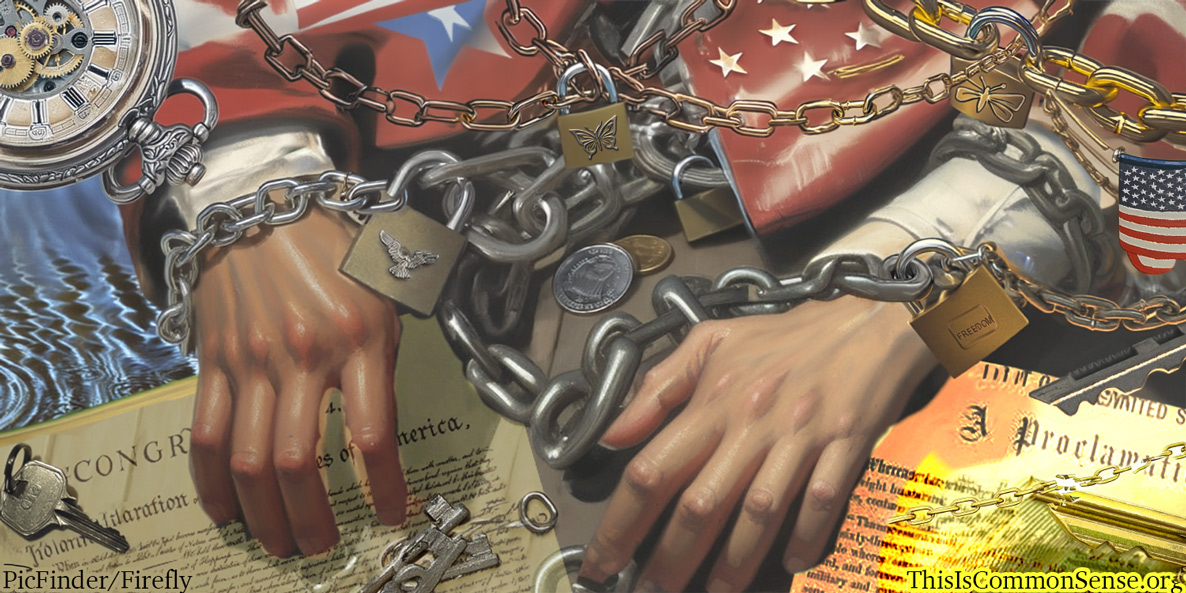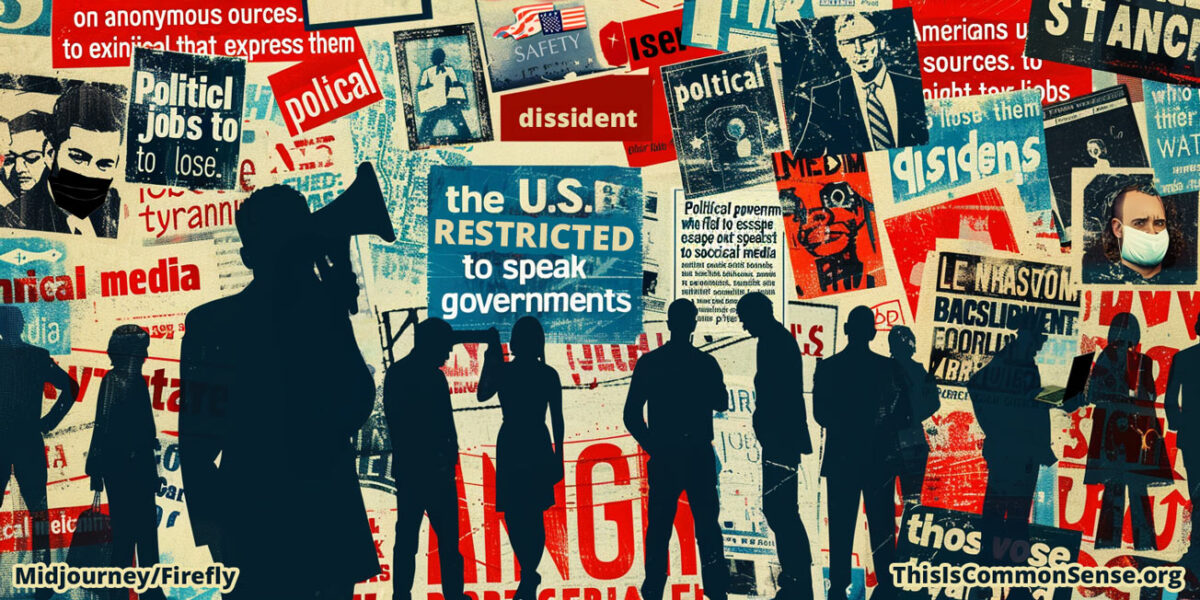Net neutrality, a scheme to centrally plan the provision of broadband Internet access by private companies, is dead.
At least for now.
No harebrained scheme is ever definitely dead for sure and forever in politics. Not on this planet.
Net neutrality had been killed before. But last year, Democrats on the FCC in favor of micromanaging how broadband Internet access is priced and how broadband companies may invest their resources revived the misnamed doctrine, a confection of the Obama era.
Fortunately, the Sixth Circuit Court of Appeals has put the kibosh on this recrudescence of out-of-control power-grabbing. The court explicitly noted a recent Supreme Court ruling that deference need no longer be accorded to regulators who make the law say whatever they want it to say.
The Sixth Circuit ruled 3 – 0 that the FCC had overstepped its authority under the law.
And it cited the Supreme Court’s 6 – 3 decision last year in Loper Bright Enterprises v. Raimondo. This was the decision that overturned the Chevron doctrine (according to which judges must defer to bureaucratic misinterpretation and hijacking of law if such hijacking can be somehow construed as “reasonable”).
The Wall Street Journal points out that “ending Chevron will make it harder for regulators to exceed their authority.… This is a victory for self-government and the private economy over the willful administrative state.”
That, and the more basic truth that net neutrality is itself an incoherent, unworkable policy, is more than enough reason to celebrate this revenant notion’s reiterated demise.
This is Common Sense. I’m Paul Jacob.
Illustration created with Flux and Firefly
See all recent commentary
(simplified and organized)
See recent popular posts
